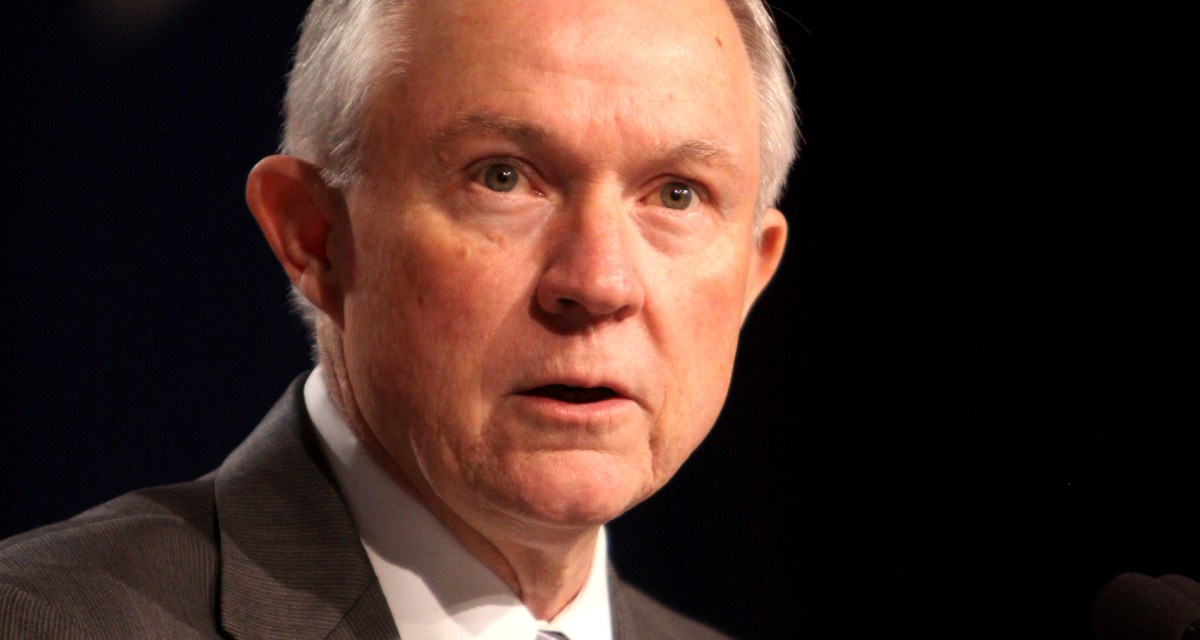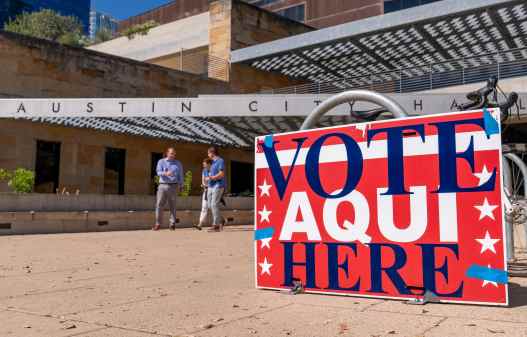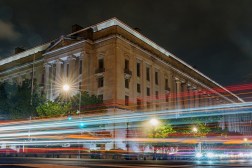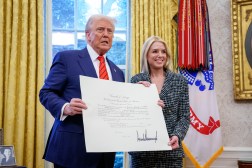DOJ looks to improve handling of cyberthreats with new task force

Attorney General Jeff Sessions announced a new cybersecurity task force on Tuesday that aims to appraise the way the Department of Justice handles cases that involve the internet.
The Cyber-Digital Task Force “will canvass the many ways that the Department is combatting the global cyber threat, and will also identify how federal law enforcement can more effectively accomplish its mission in this vital and evolving area,” a news release said.
Sessions said he is creating the task force in order to generate ideas on how to best combat global cyberthreats.
“The Internet has given us amazing new tools that help us work, communicate, and participate in our economy, but these tools can also be exploited by criminals, terrorists, and enemy governments,” Sessions said.
Deputy Attorney General Rod Rosenstein will appoint a senior department official to chair the task force. DOJ declined to provide any additional information about the task force, such as whom the deputy attorney general will appoint and when. Rosenstein, who is notably a vocal opponent of so-called “warrantless” encryption, has become a controversial figure in Washington.
The announcement follows news reports that President Donald Trump is reportedly frustrated at Rosenstein’s facilitation of Special Counsel Robert Mueller’s investigation into Russian interference in the 2016 presidential election.
The task force’s creation comes less than a week after Mueller’s team charged 13 Russian individuals and three Russian entities in that investigation. It is expected to deliver a report by the end of June about how DOJ is currently dealing with cyberthreats and how it can improve.
The scope of the task force is wide-ranging and includes:
“…efforts to interfere with our elections; efforts to interfere with our critical infrastructure; the use of the Internet to spread violent ideologies and to recruit followers; the mass theft of corporate, governmental, and private information; the use of technology to avoid or frustrate law enforcement; and the mass exploitation of computers and other digital devices to attack American citizens and businesses.”
The deputy attorney general can invite representatives from any DOJ office or federal agency to participate in the task force, but it will preliminarily include the following entities within DOJ:
- Criminal Division
- National Security Division
- U.S. Attorney’s Office community
- Office of Legal Policy
- Office of Privacy and Civil Liberties
- Office of the Chief Information Officer
- Bureau of Alcohol, Tobacco, Firearms and Explosives
- FBI
- Drug Enforcement Administration
- U.S. Marshals Service






